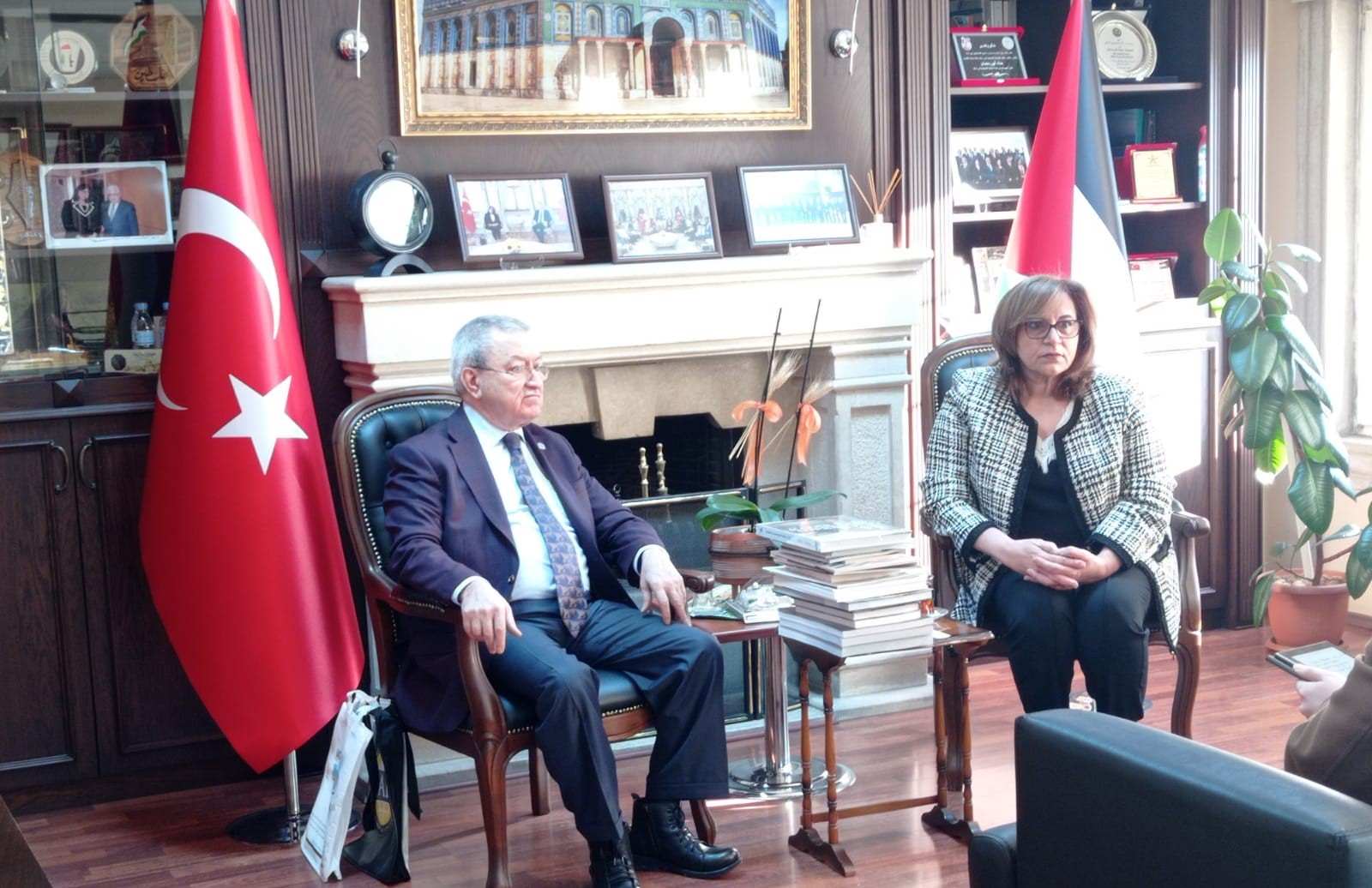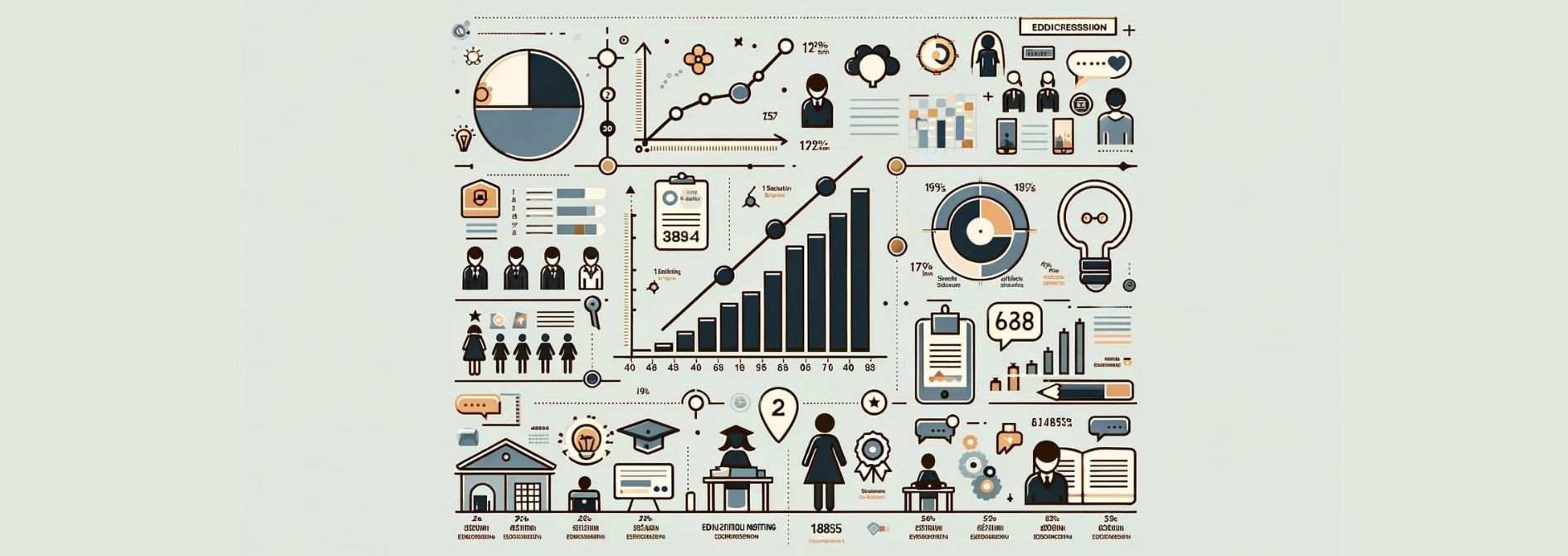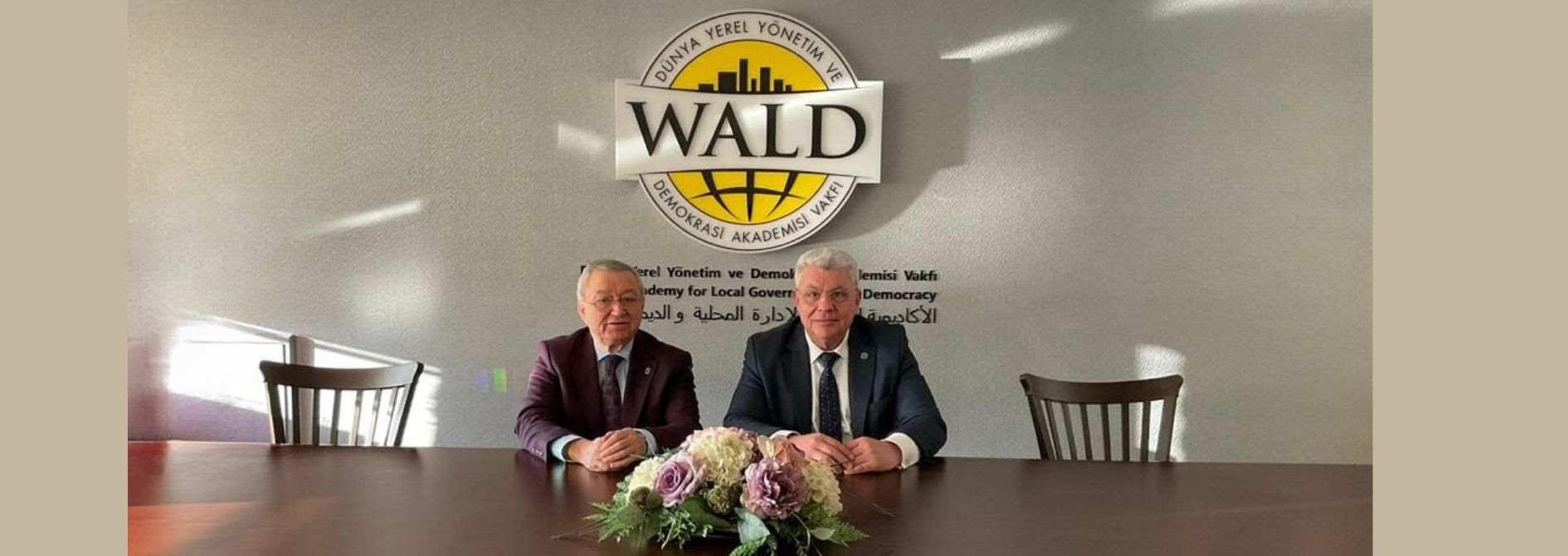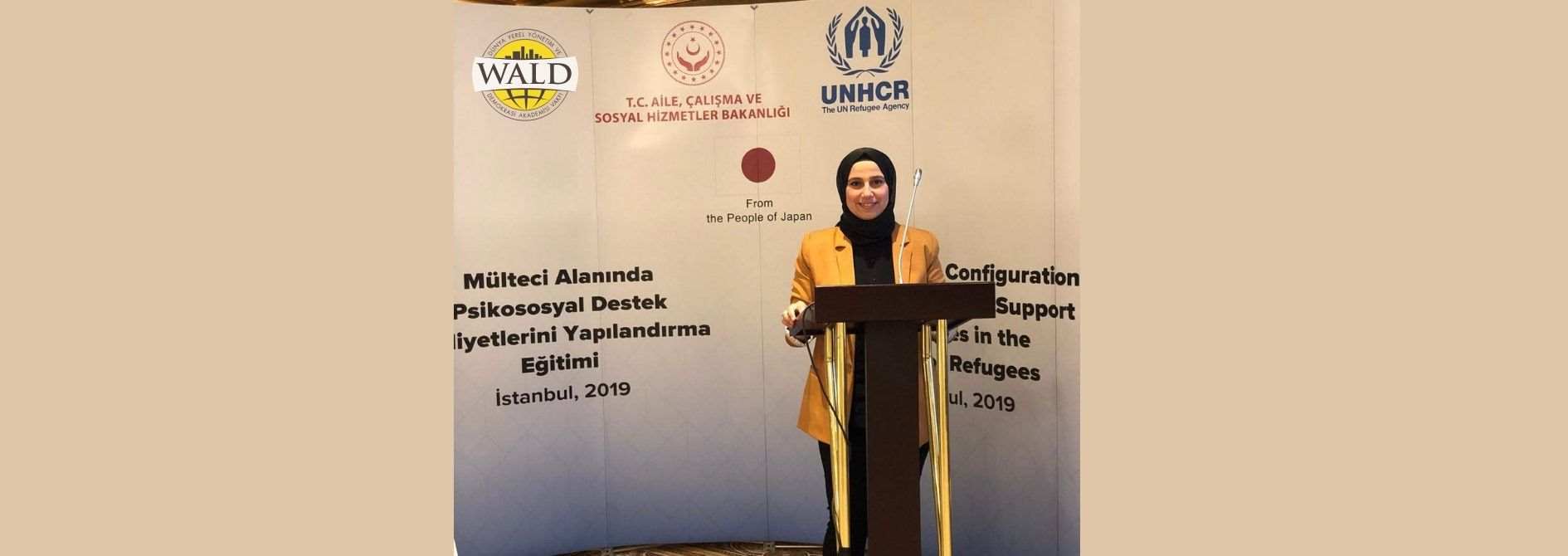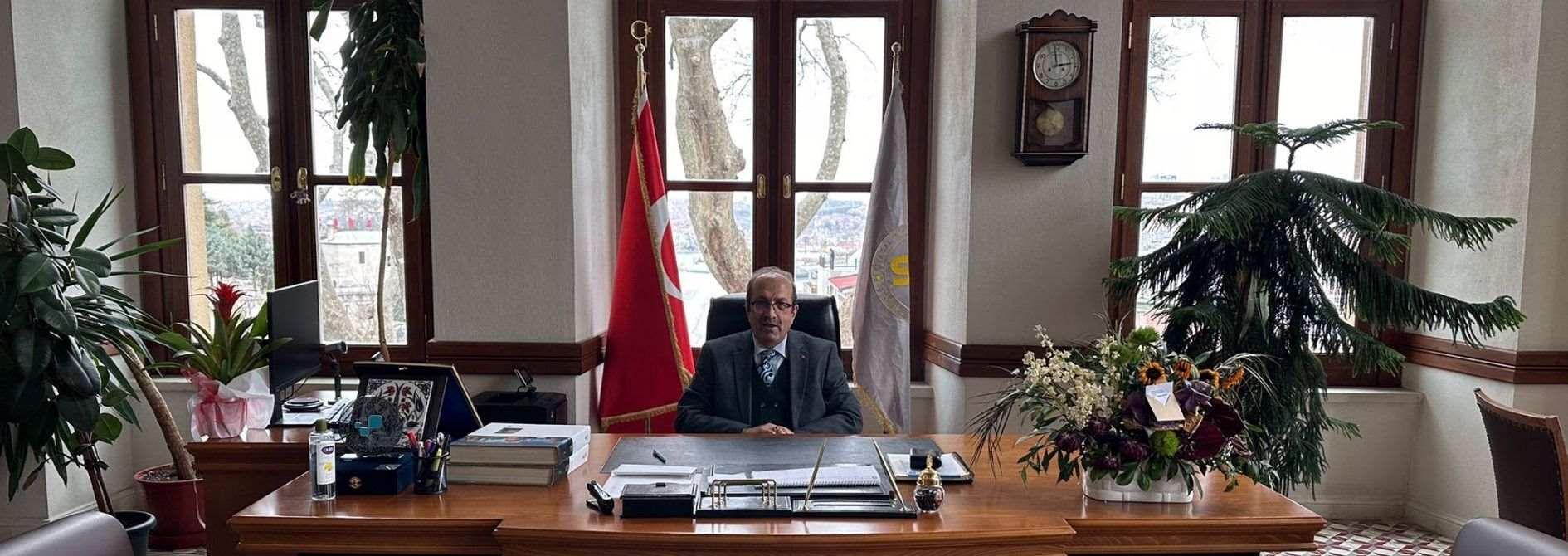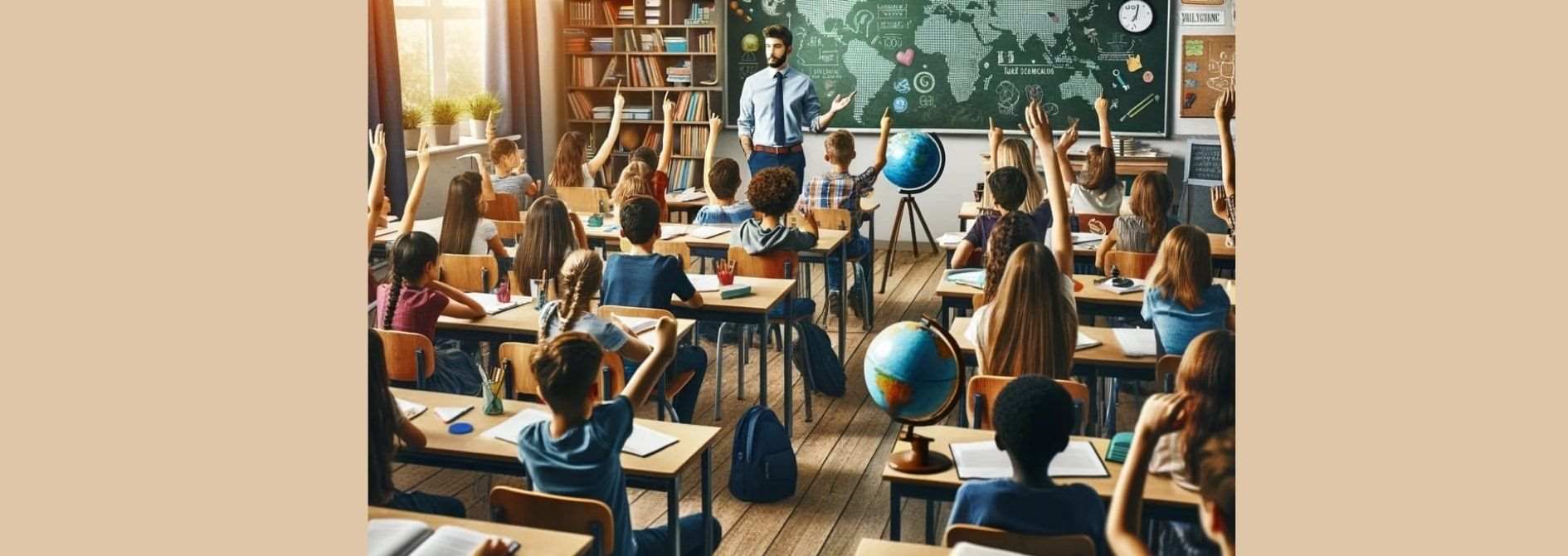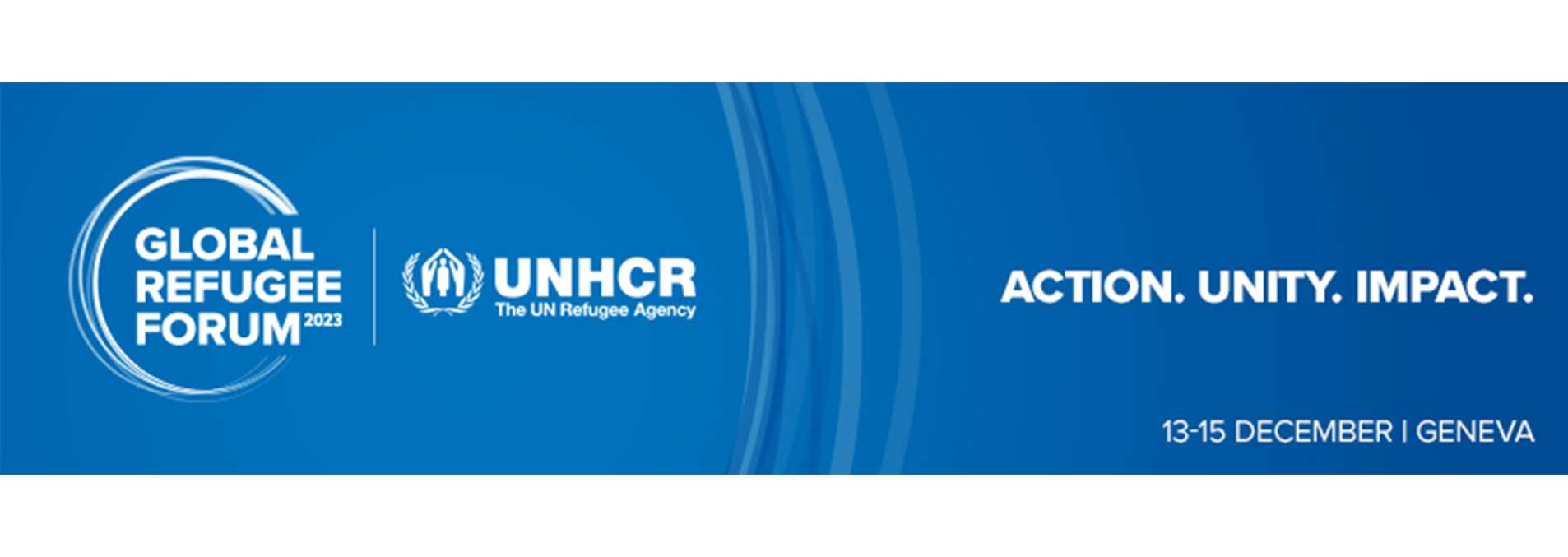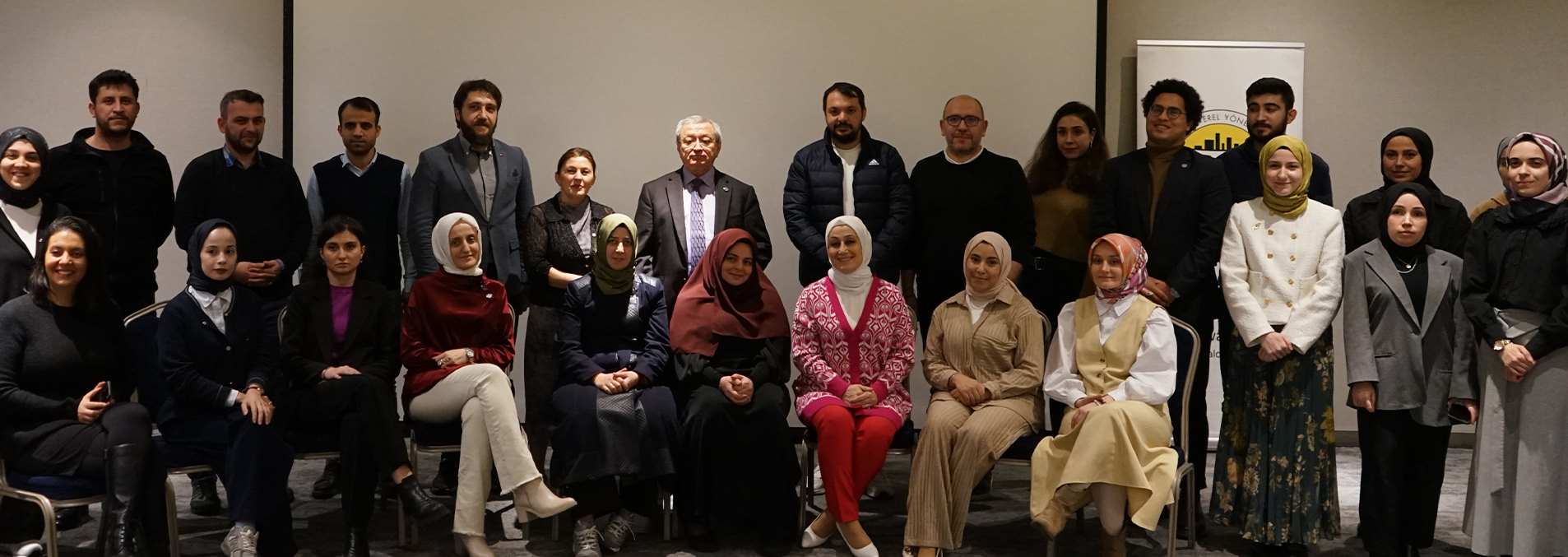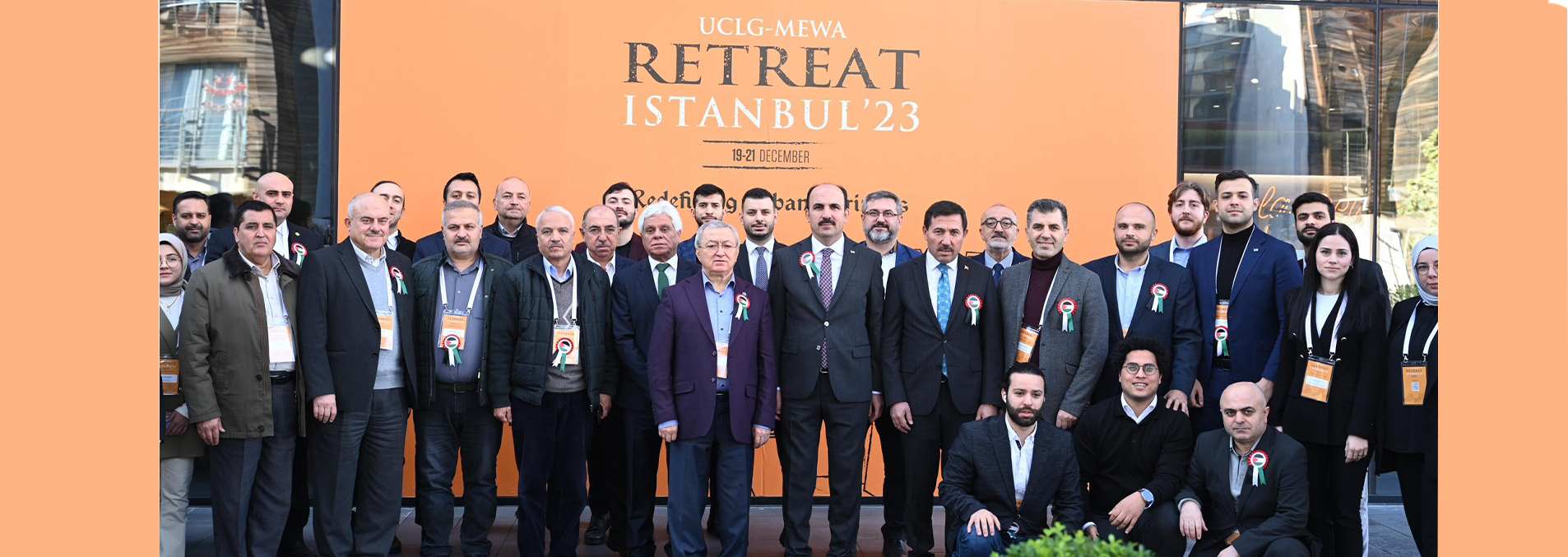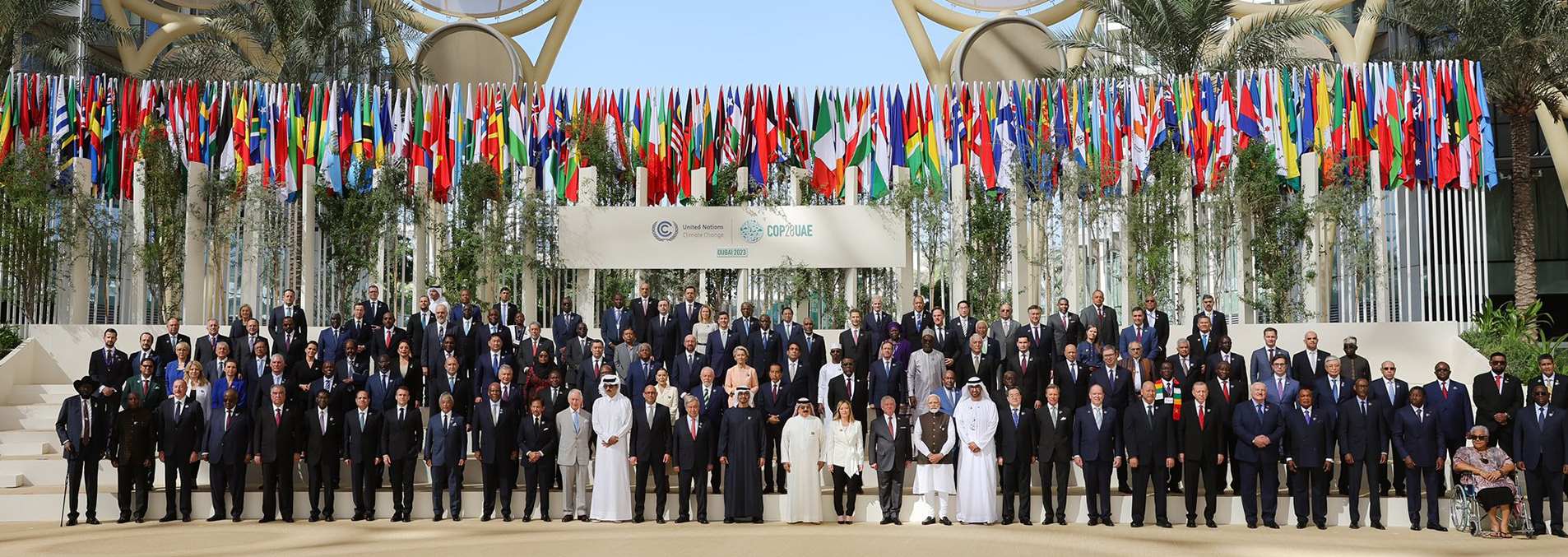Protection Mainstreaming and Social Inclusion
As the World Academy for Local Government and Democracy (WALD); We participated in the training on “Protection Mainstreaming and Social Inclusion” held in Istanbul between 26-28 September. Institutions operating in the field of protection, social cohesion, MHPSS and various humanitarian assistance throughout Turkiye participated in the training program organized by WHH, RELIEF, IOM and UNFPA. In the program; As WALD, we presented and shared our experiences and activities regarding the "Social Protection Project", which we carried out with the cooperation of UNHCR and local governments in nine districts of Istanbul.
On the first day of the training, “Introduction to Protection” training was held by the WHH Protection Coordinator. Within the scope of the training, extensive information and experience were shared on the subjects of "Defining Protection in Humanitarian Action, Identification of Risk, Protective Action Interventions and Protection Output". In the afternoon session, “Secure Communication, Importance of Service Mapping, Definition of Protection Mainstreaming, Definition of Accountability, Feedback Mechanisms and Response Mechanisms” were discussed.
On the second day of training; detailed information was obtained by the United Nations Population Fund (UNFPA) by discussing the "Gender Mainstreaming, Prevention of Sexual Exploitation and Abuse" (PSEA”). In the relevant training, current practices and approaches on the Prevention of Gender-Based Violence (GBV) were shared. In this regard, information was given on Gender Core Concepts and Definitions, International Frameworks for Gender Equality, GBV Risk Mitigation Mainstreaming and safe identification and referral of GBV exposures to relevant areas.
On the third and last day of the training; A presentation on “Disability Inclusion” was carried out by the RELIEF representative. In this session; disability was defined as a concept that is evaluated with both individual and social factors, with concepts such as injury, activity limitation, and reduced participation in social life. In this regard, the necessity and dissemination of rehabilitation were discussed with the criteria of participation and movement. Expressing that disability inclusion is a culture of life, the trainer underlined that societies that do not acquire this culture have serious deficiencies in terms of disability inclusion. During the training program, in which the emphasis was placed on the inclusion of the disabled in protection activities as a rights based work, the barriers faced by disabled people, the risks encountered in disaster situations, and the types of disabilities as a model were discussed.
